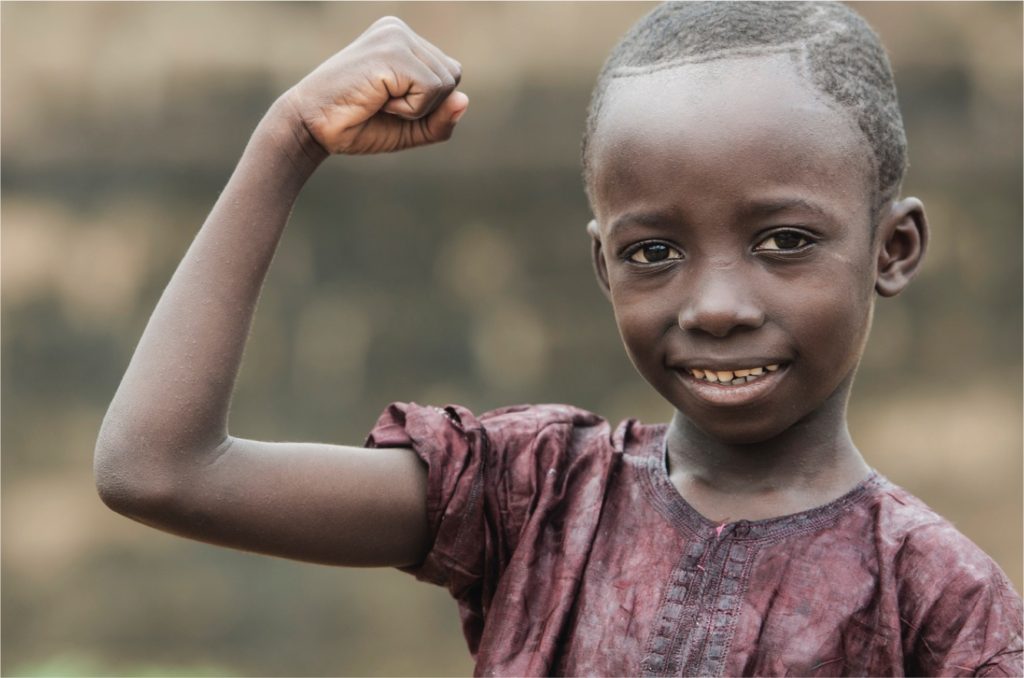Advocacy
Putting street children on global, regional and national policy agendas
Together, we defend the rights of street-connected children all over the world, ensuring they can live safe and fulfilling lives.
Advocacy is at the heart of our mission to build a world that respects and protects street children.
What is advocacy for street children?
Advocacy is the process of gaining widespread support for a particular cause or policy.
At CSC, advocacy means giving street children a voice by demanding that those with power and influence take action.
We empower street children to advocate for themselves and to make sure that they are listened to. For this reason, our advocacy work engages with people at every level of society, from families and communities to national governments to global organisations like the United Nations.
A child rights approach to advocacy
We believe in taking a child rights approach to advocacy. This means that we recognise and emphasise that street children have rights – the same rights as every other child – and that they should be involved in making decisions about what happens in their lives.
The starting point for our approach is the United Nations Convention on the Rights of the Child, the most widely signed human rights treaty in history. The Convention outlines the rights that all children have, regardless of their background or circumstances. These include the rights to:
- Life, survival and development
- Protection from violence, abuse or neglect
- An education that enables them to fulfill their potential
- See a doctor when they are ill
- Be raised by, or have a relationship with, their parents
- Express their opinions and be listened to
- and many more.
However, despite the high level of support for the Convention since its adoption in 1989, street children continue to be left behind.
To counteract this, CSC led a global campaign for authoritative United Nations guidance making it explicit that street children have the same rights as every other child and instructing governments on how to take action.
In 2017, this landmark guidance was finally published by the UN Committee on the Rights of the Child. It is called General Comment No. 21 (2017) on Children in Street Situations, and it is the first United Nations document to explicitly give street children a voice.
The release of General Comment No. 21 was a great advocacy success but our work is not done yet. We are now working tirelessly to make sure that every government in the world turns the recommendations in the General Comment into reality for street children.
Our key advocacy activities
Promoting reform at the national level
Street children need strong legal protection, effective policies and appropriate interventions. Every country has a responsibility to put these in place in line with the obligations under the Convention on the Rights of the Child, and the General Comment.
CSC launched a campaign in 2018 to explain the recommendations from the UN guidance in 4 clear, actionable steps – the Four Steps to Equality for Street Children:
- Commit to equality
- Protect every child
- Provide access to services
- Create specialised solutions
CSC gives governments the tools and insights that they need to take these steps and make a difference to street children’s lives. We encourage governments to share knowledge and good practice on protecting and promoting the rights of street children with each other, with Uruguay being a leading example.
See below for examples of how we’re making this happen.
Putting street children on global agendas
We believe that international institutions like the United Nations play an important role in driving progress for children at the national level. They make practical recommendations to help countries improve their laws, policies and services, and hold governments to account when they don’t meet their human rights obligations.
CSC has a particularly strong working relationship with the Committee on the Rights of the Child, having supported them with the development and distribution of General Comment No.21 on the rights of children in street situations.
However, institutions like the United Nations can only be effective when they know what is happening in practice. We combine evidence from our network members and street children themselves with cutting-edge social and legal research to ensure that the most important issues for street children are discussed and addressed.
Strengthening our network’s expertise and confidence in advocacy
As a network, we are louder together. We have a number of advocacy initiatives to strengthen our network’s expertise and confidence in advocacy, and make sure our network’s message is heard:
Information materials:
CSC has published materials that will help organisations and individuals working with street children better understand the guidance from the UN.
- We have published a brochure with the text of the UN General Comment and explanation of how it was developed based on street children’s voices in English, French, Spanish and Swahili.
- We have also published a child friendly version of the UN General Comment in English, French, Spanish, Arabic, Russian, Chinese, Swahili, Tagalog, Bengali, Hindi and Portuguese. This booklet explains in easy-to-understand language what the General Comment means, and what it recommends governments should do for street children.
Legal Atlas for Street Children:
In April 2019 we launched the Legal Atlas for Street Children, an interactive website that puts information about laws affecting street children directly into the hands of street children and their advocates. Developed in collaboration with Baker McKenzie LLP, the Legal Atlas makes research on status offences, police round-ups and legal identity laws visual and accessible.
Advocacy toolkit:
Released in print and online in late 2018, our Advocacy and Action Guide is a comprehensive toolkit for organisations seeking to advocate for the rights of street children. It supports organisations to develop an advocacy plan that is shaped by and inclusive of street children, gives practical examples of successful advocacy initiatives led by organisations of different sizes and provides advice on how to make connections with influential stakeholders.
Online training:
CSC recently launched our Advocacy e-learning course, to facilitate engagement with the content, practice developing an advocacy strategy, and providing expert learning and advice how to engage with stakeholders at all levels for the realisation of street children’s rights.
Workshops and conferences:
On an ongoing basis, CSC staff host and participate in workshops and conferences to help others to effectively advocate for street children’s rights. With such a large network, it is important that our members and their partners are confident in how to promote the guidance contained in the General Comment at all levels; from local and national government officials to street children themselves. Our workshops encourage cross-sector collaboration and explore locally relevant solutions for street children.



